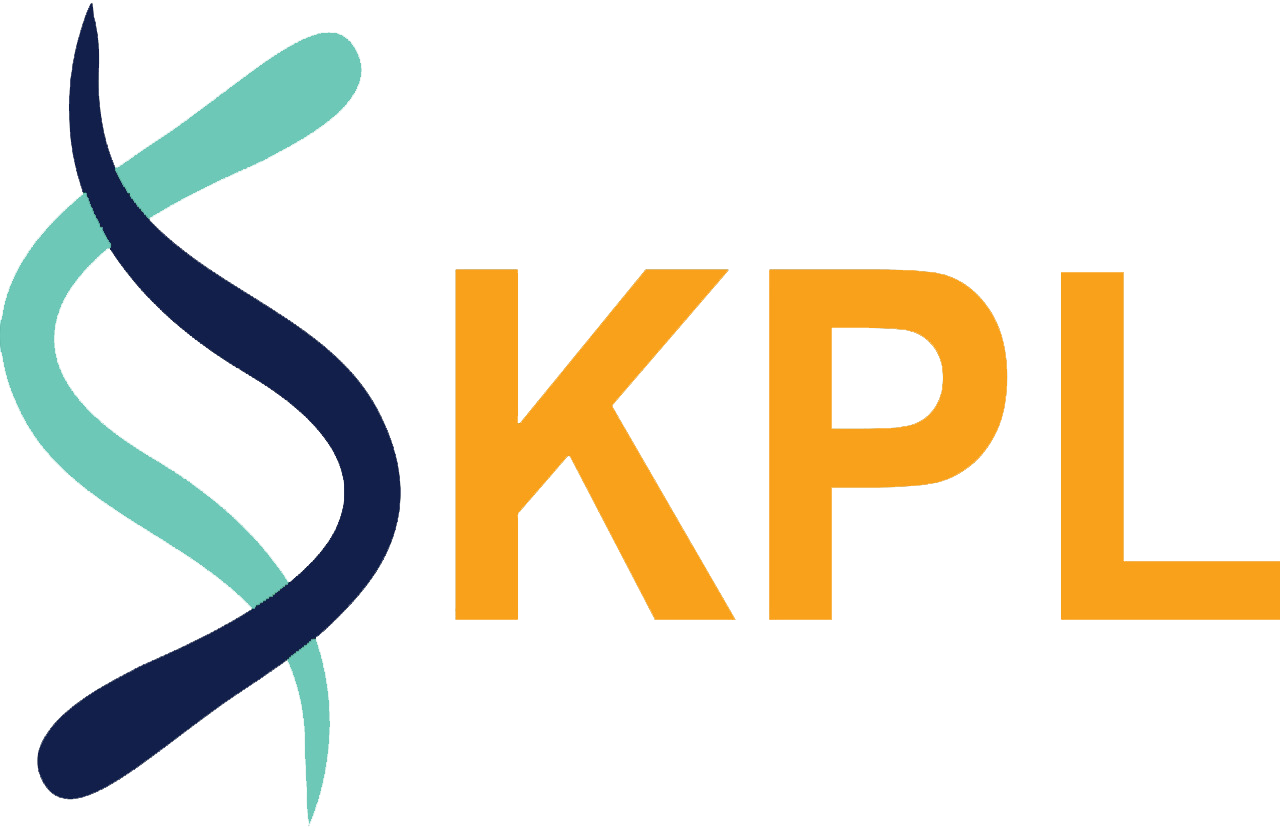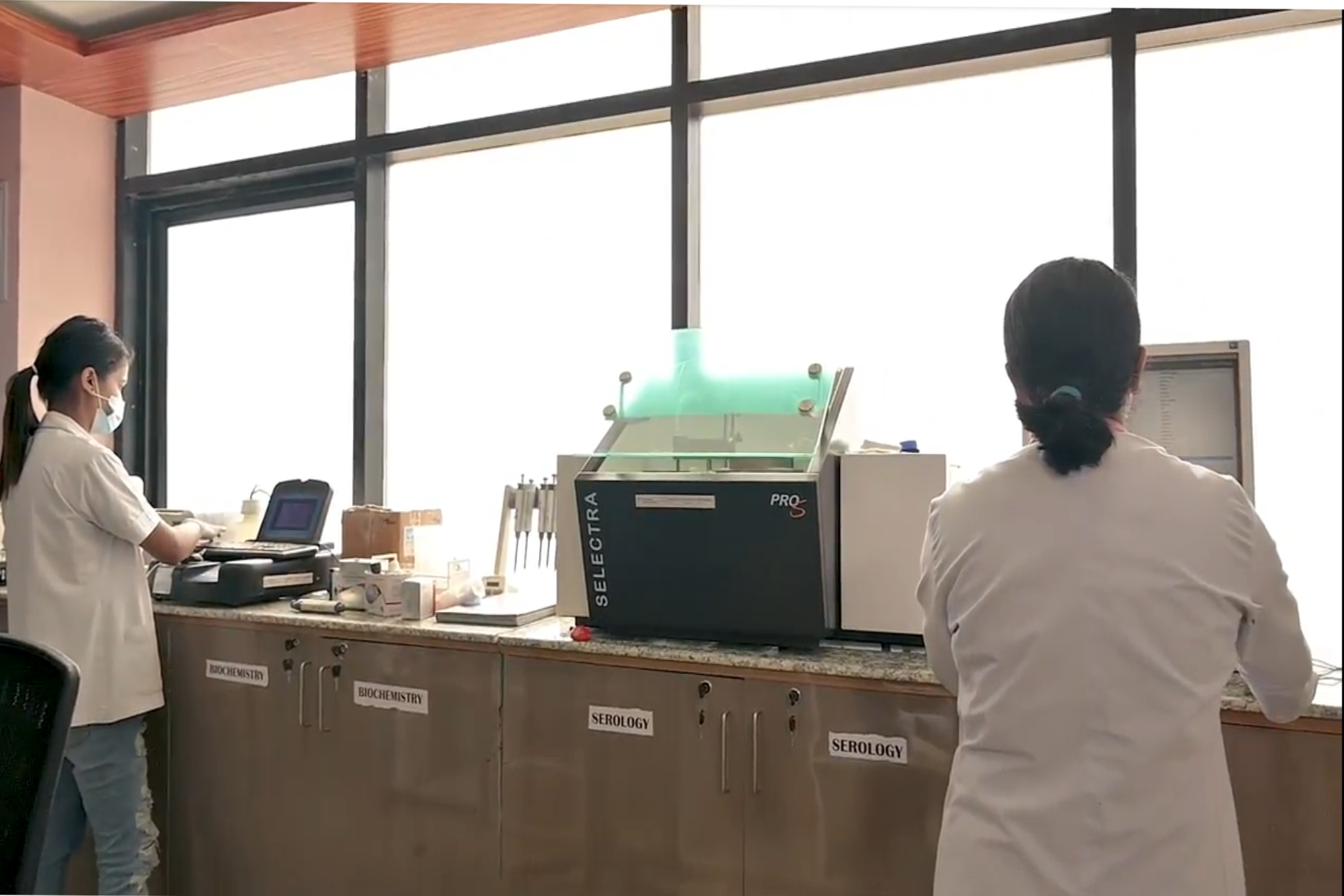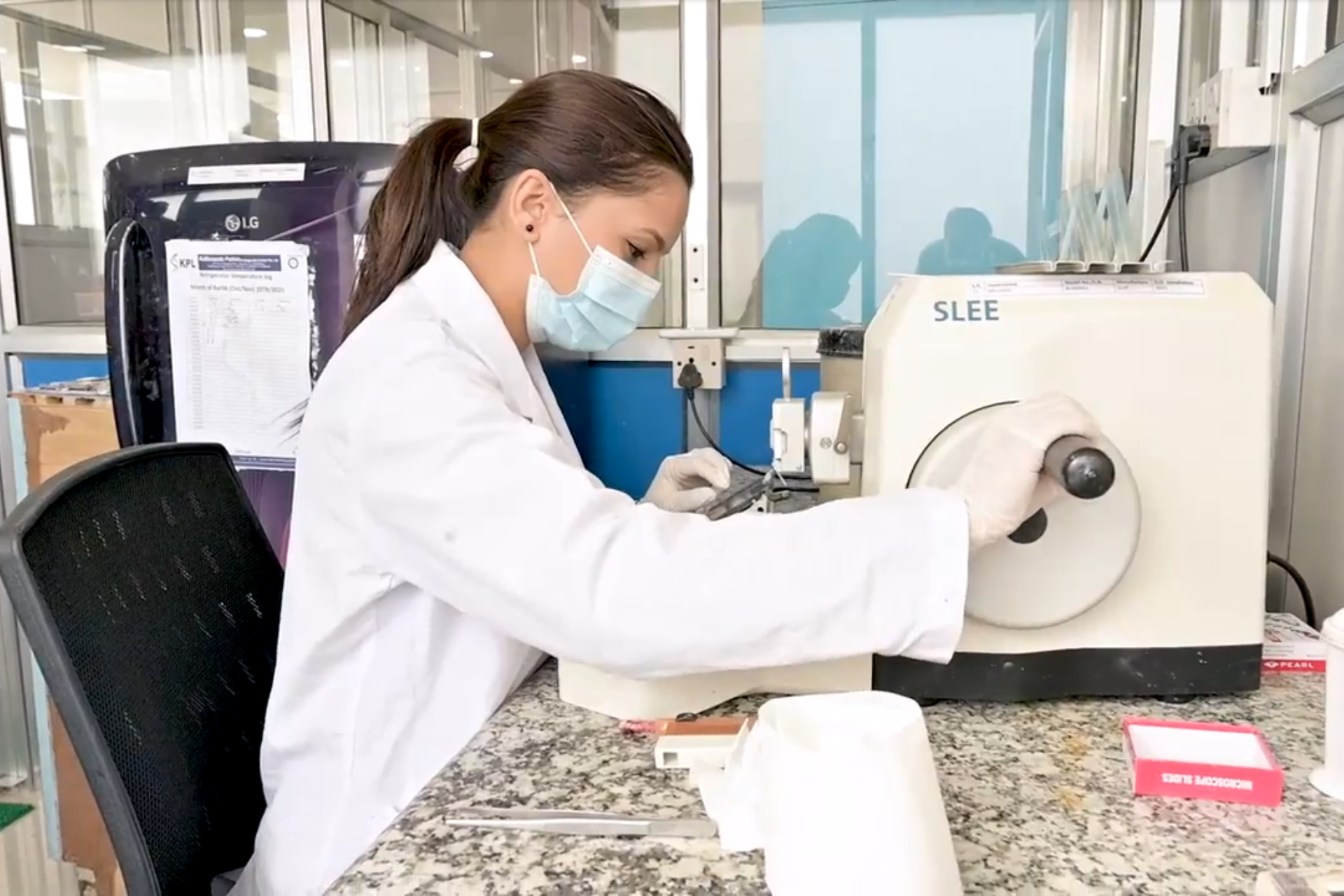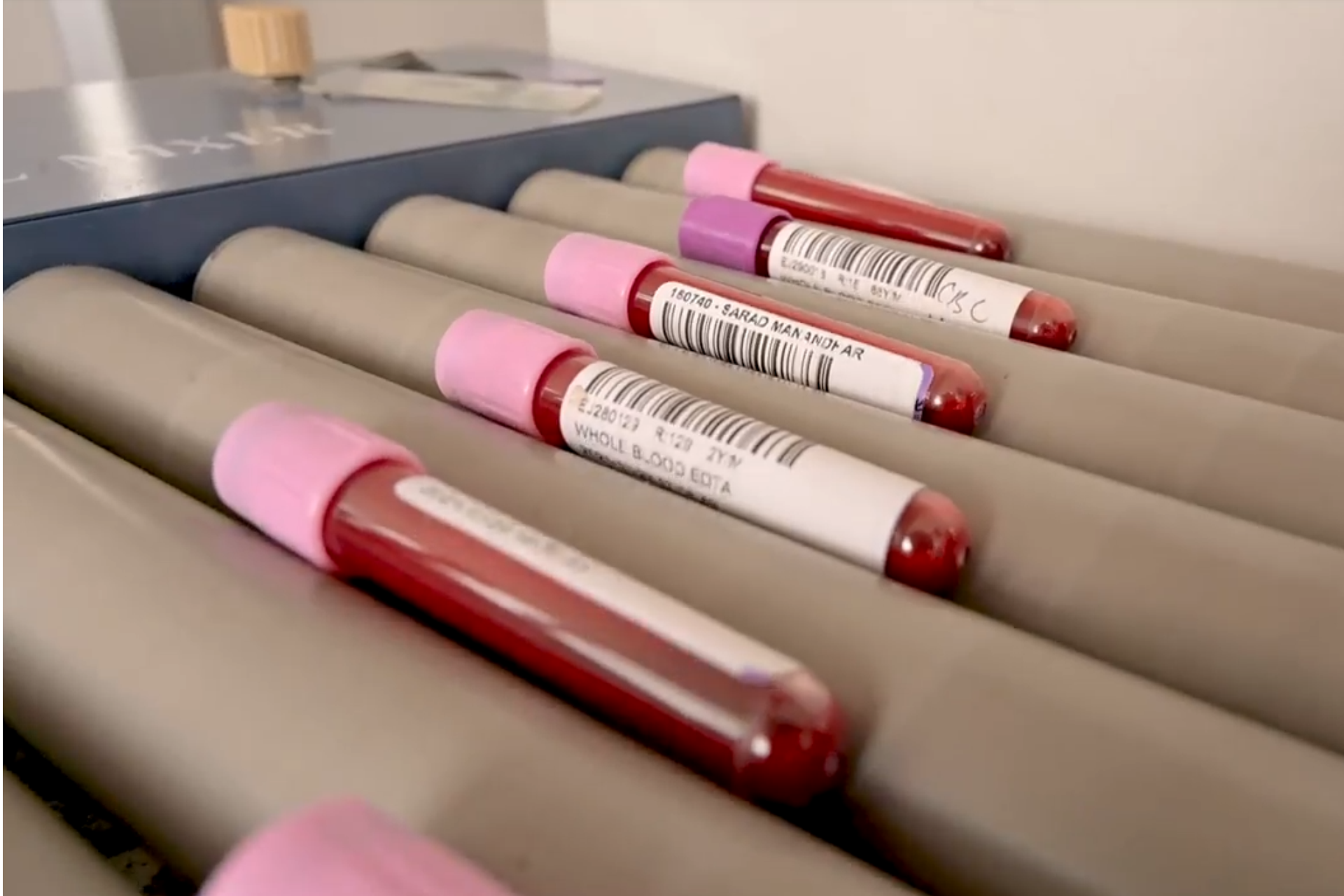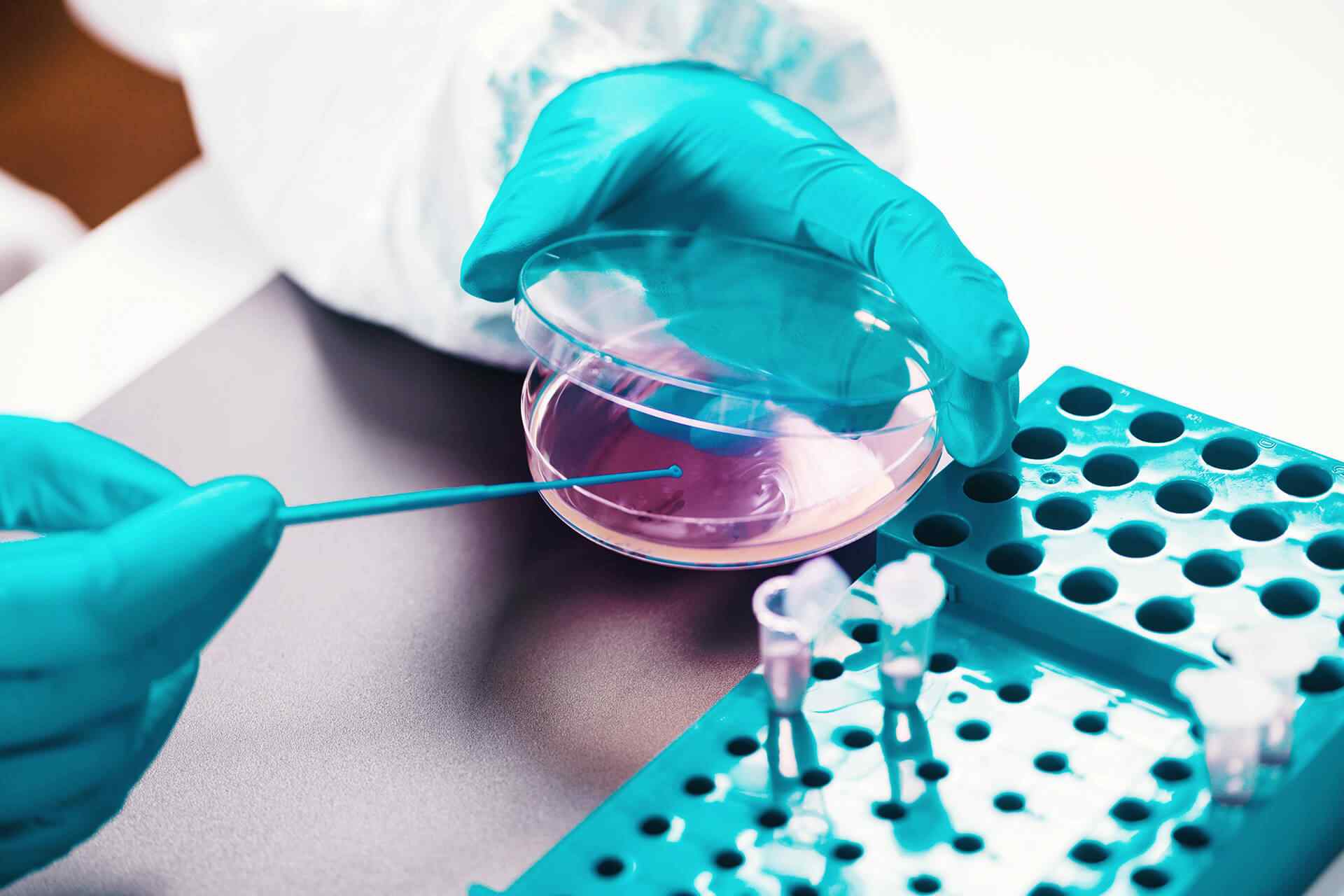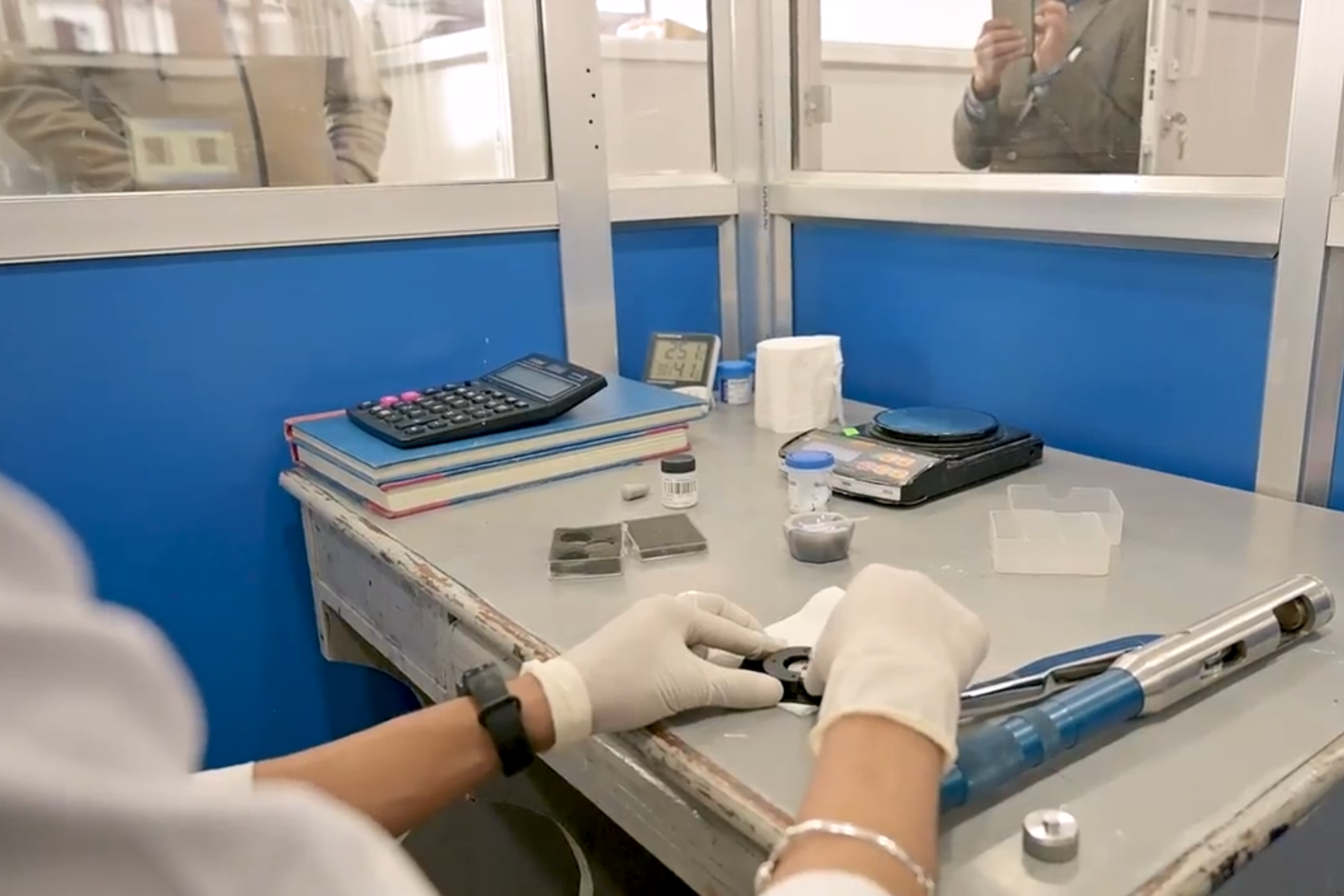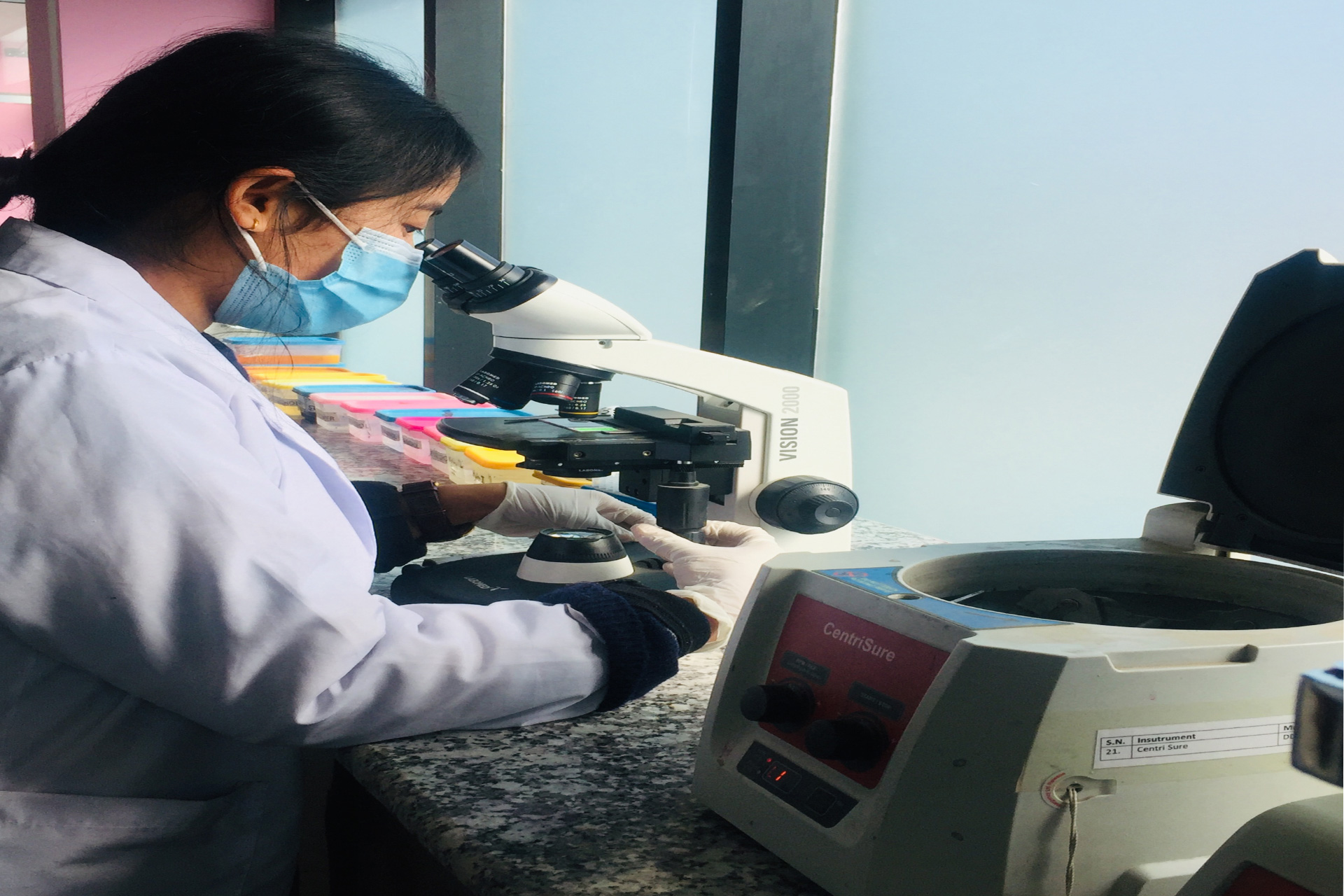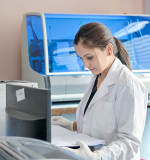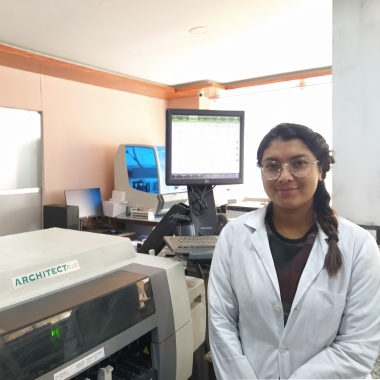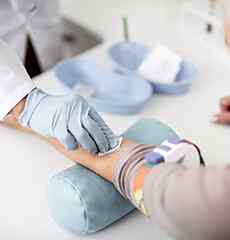BiochemistryClinical Biochemistry Tests
Clinical biochemistry is a clinical and diagnostics subject, which aims to put forward, improve and use standard diagnostic methods, to monitor disease development and treatment by biochemical methods.
Clinical chemistry uses chemical processes to measure levels of chemical components in body fluids. The most common specimens tested in clinical chemistry are blood and urine. Many different tests exist to test for almost any type of chemical component in blood or urine. Components may include blood glucose, electrolytes, enzymes, hormones, lipids (fats), other metabolic substances, and proteins.
Description of some of the most common clinical chemistry tests (used on blood and urine specimens), including some of the uses and indications:
- Blood glucose, or blood sugar, levels indicate how the body handles glucose. Measuring glucose levels after fasting (when the patient has not eaten anything for 8 hours) can help diagnose diabetes or hypoglycemia (low blood sugar).
- Electrolytes include sodium, potassium, chloride, bicarbonate, calcium, phosphorus, and magnesium. Measuring electrolytes can specifically indicate certain metabolic and kidney disorders.
- Enzymes are released into the blood by organs that are damaged or diseased. The type of enzyme released can indicate which organ is affected.
Information, obtained by biochemical methods help to evaluate the development of pathological process at the molecular, cellular, and organ level. It is essential for early diagnosis of a disease and also assessment of its therapeutic efficacy. Clinical biochemistry helps to make a diagnosis, choice of treatment and prophylactic methods are easier.





Accurate Product Testing by Expert Scientists


